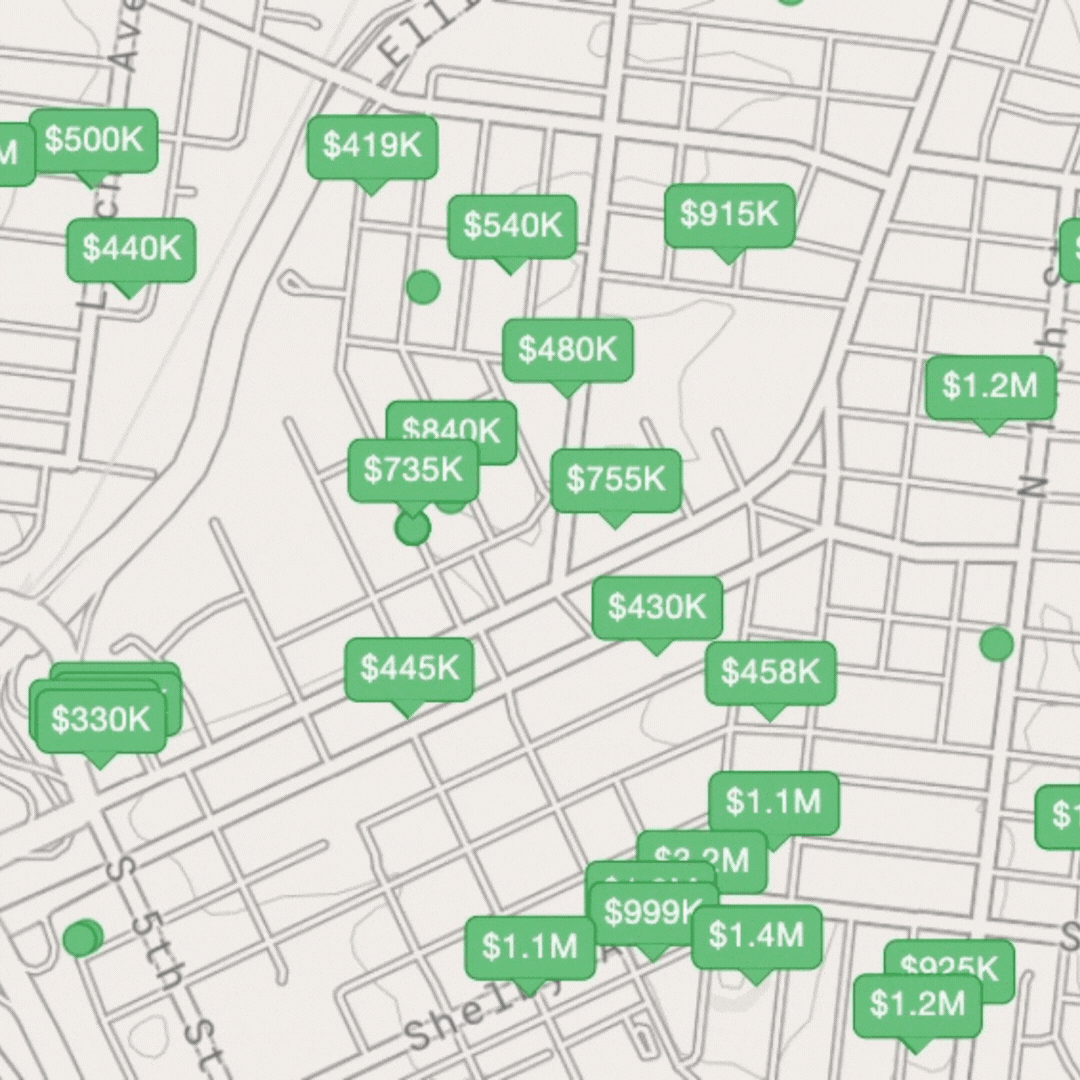 FHA Changes (not as bad as I feared)
FHA Changes (not as bad as I feared)
I blogged several weeks ago about impending FHA changes. There was rampant rumoring that the down-payment requirement might jump from 3.5% up to 5%. Well, yesterday FHA commissioner David Sterns finally announced the official changes. They not as bad as I expected. Actually the new rules don’t change much about the program for the general buyer.
- The up-front mortgage premium will increase from 1.75% to 2.25%. Now, this is a substantial jump, but it won’t come out of your pocket initially because this fee is typically rolled on top of your loan.
- Minimum FICO scores of 580 will now be required in order to qualify for the basic FHA loan program which still calls for a 3.5% down-payment. FHA has left the door open for those buyers who are more credit-challenged by offering a loan for those with lesser scores that will require a 10% down-payment. This all sounds good, but may be moot. In today’s credit market, all lenders (banks, brokers, credit unions, etc) have minimum company requirements that they lay on top of basic FHA requirements. I don’t know a single local lender that will currently issue a loan for a buyer with less than a 620 midscore.
- Seller concessions will now be capped at 3%. Previously sellers were allowed to pay up to 6% toward buyer closing costs. This practice artificially inflated home prices and incentives.
- The 90-day flipping rule has also been temporarily lifted. In other words investors who fix-and-flip can officially re-list and sell a home without having to comply with the previous chain-of-tile seasoning requirement.
So as a buyer what do these changes mean for you? Not much really. The increase in the up-front mortgage premium will mean even less built-in equity for you. This will affect you if you need to sell very quickly- say in the case of a job transfer. If you are only making minimum payments every month look for it to take two or maybe even three years before you have enough equity to sell your home conventionally and make a profit. The 3% seller concession rule will only effect you if you are negotiating for the seller to pay ALL of your closing costs. Loan closing costs can run from 2% to 4% of the loan amount. If you have very limited funds for down-payment and can’t afford closing costs, I might recommend that you only consider loans that do not include 1% origination. This will lower you closing costs, but raise your interest rate by a very small percentage.

